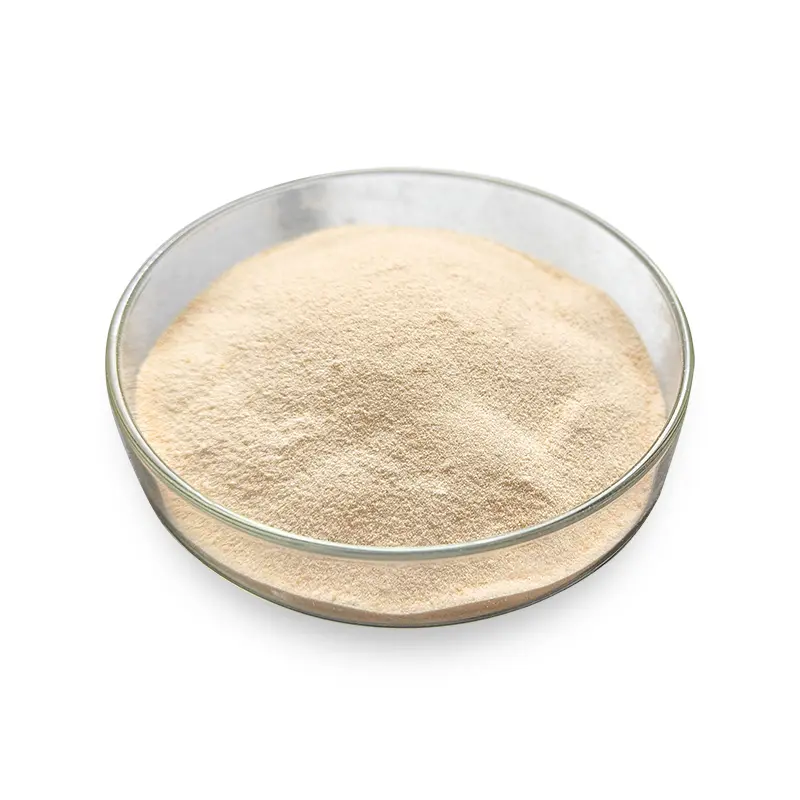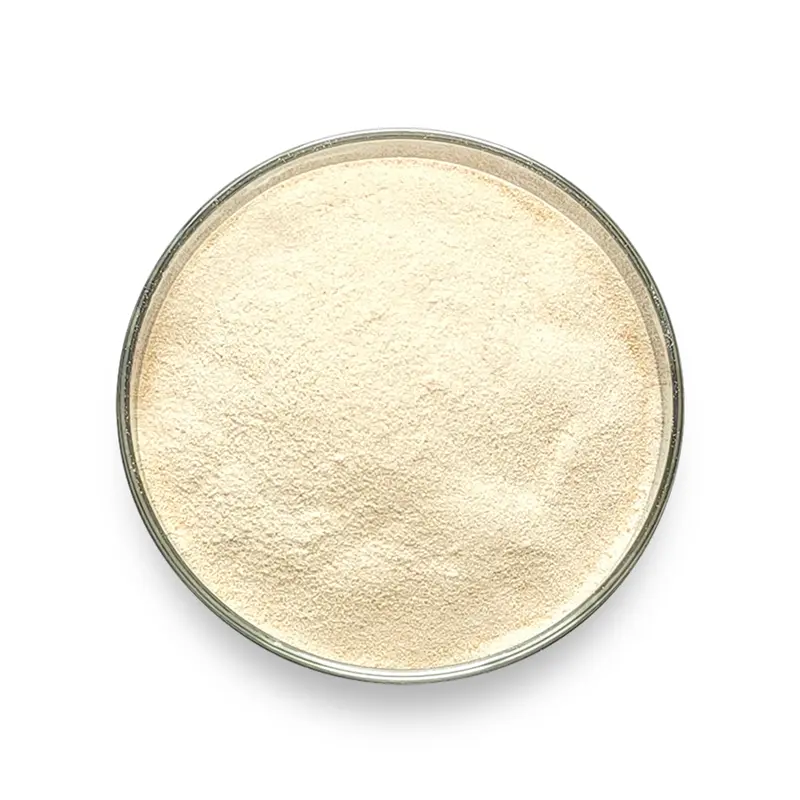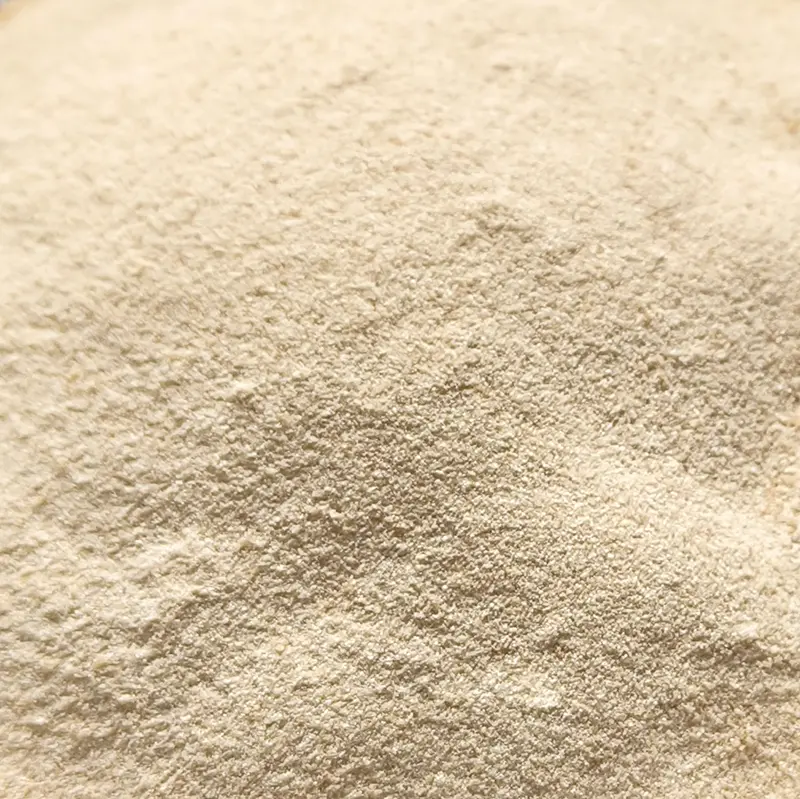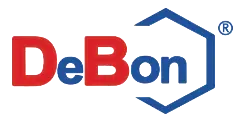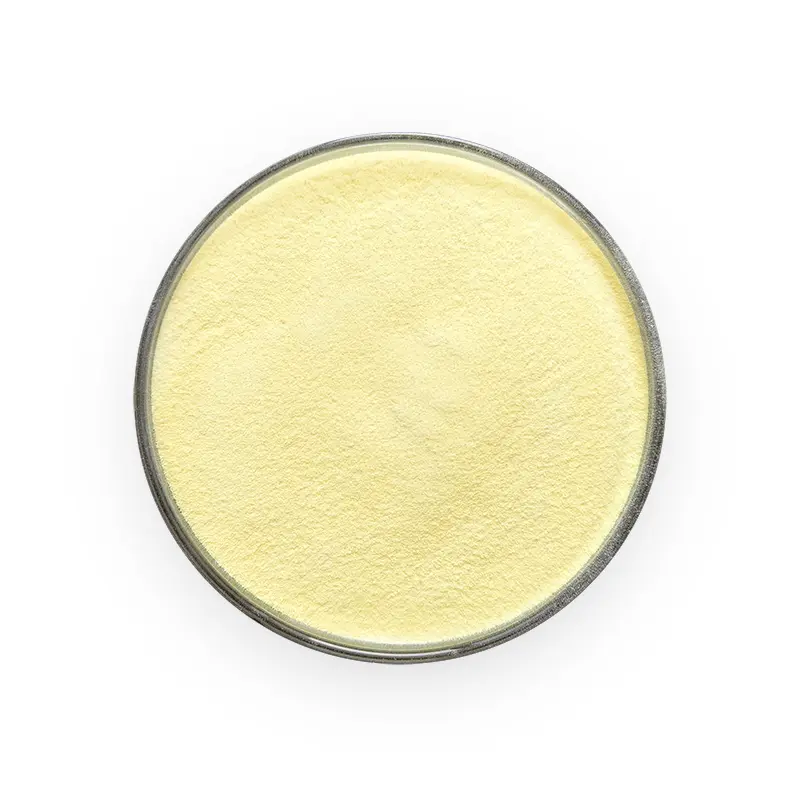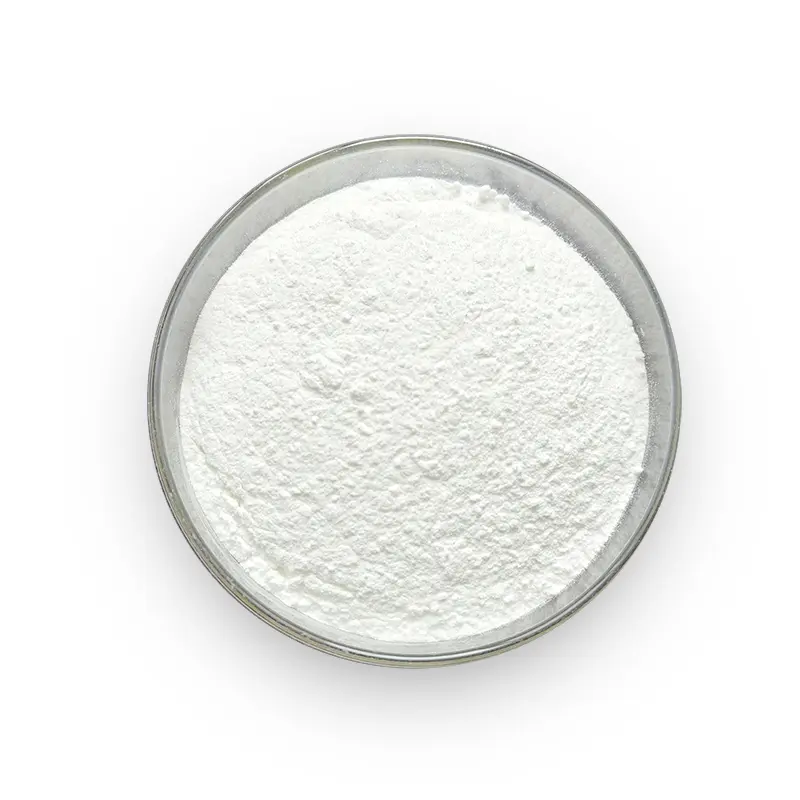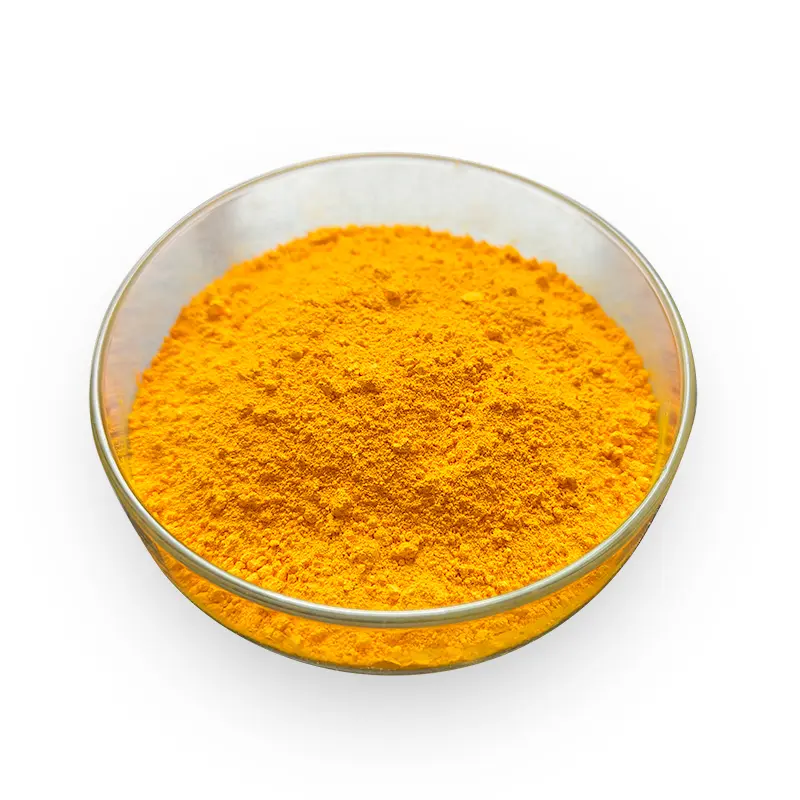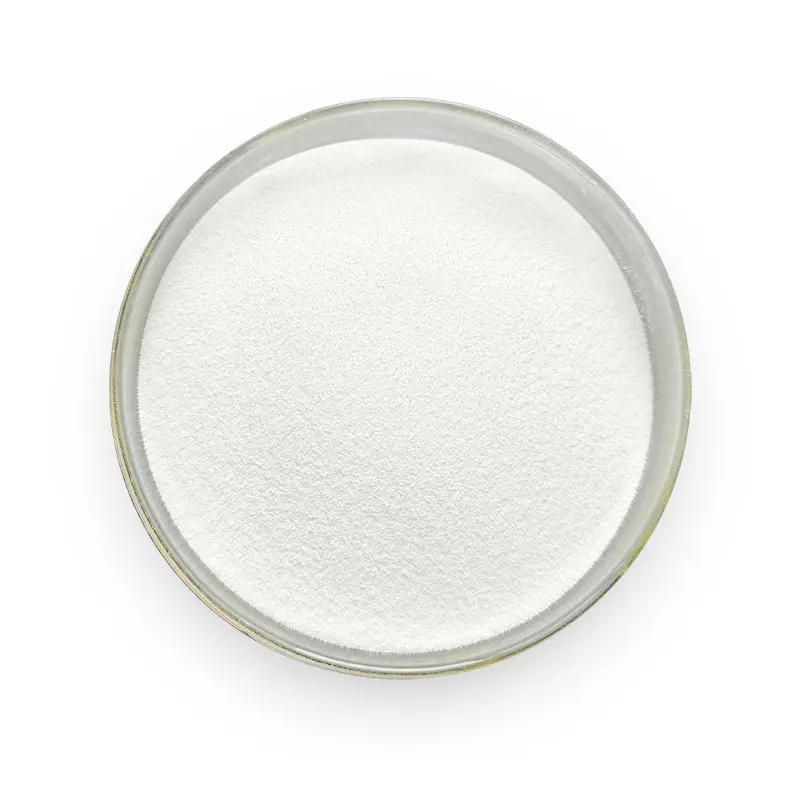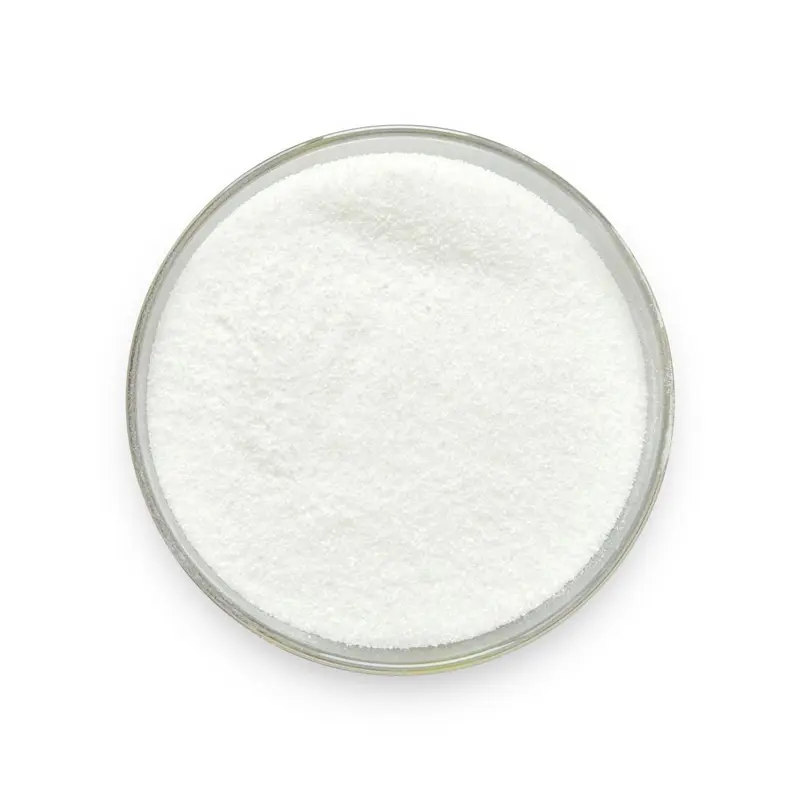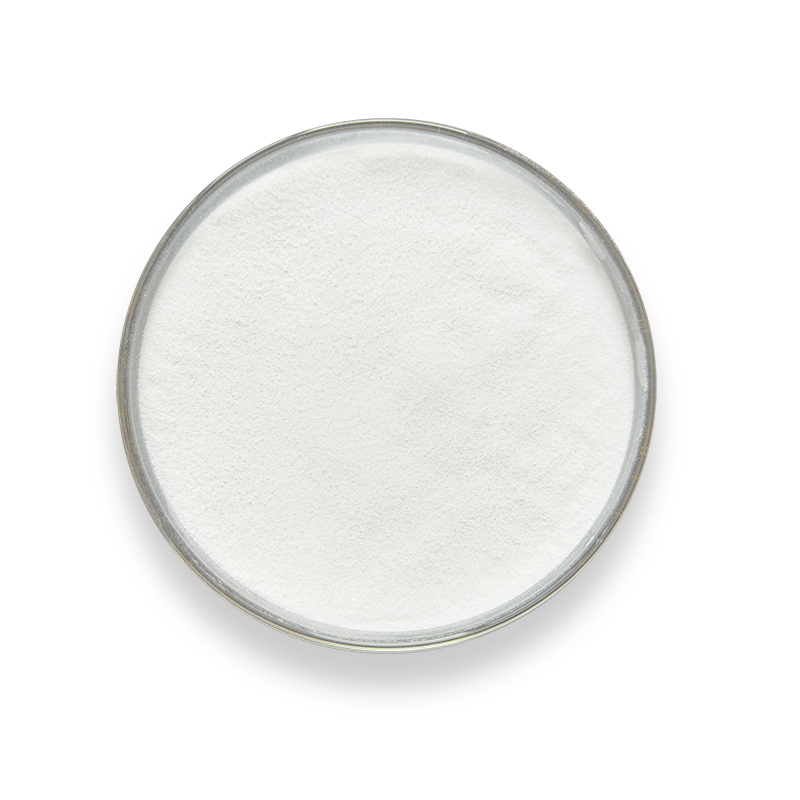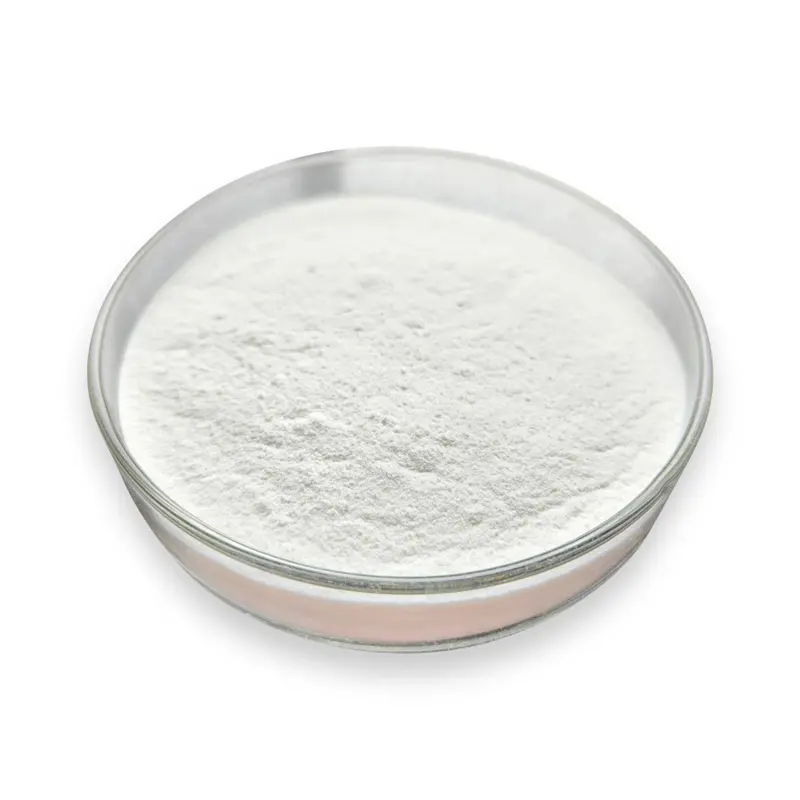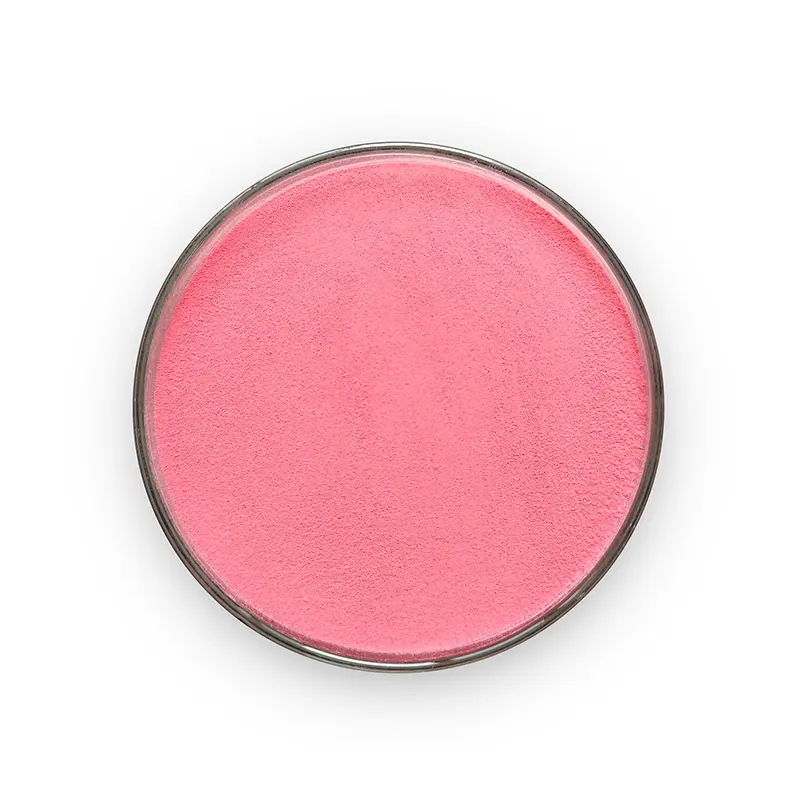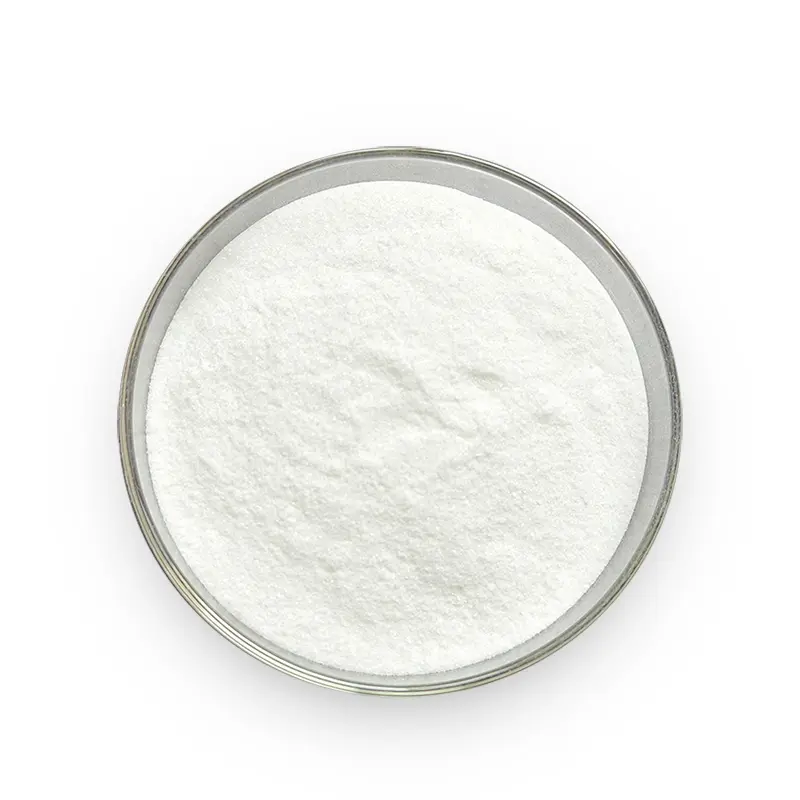DeBon Precision-Formulated L-Valine Feed Additive
Product Specifications
| Product Name | L-Valine |
| Active Ingredient | L-Valine (Dry Basis): 98.0%–101.0% |
| Appearance | Grayish white to yellowish crystalline powder |
Physical & Chemical Indicators:
| pH (1% Solution) | 4.5–6.5 |
| Specific Optical Rotation ([α]D²⁰) | +26.6° to +29.0° |
| Loss on Drying | ≤1.0% |
| Residue on Ignition | ≤0.5% |
| Heavy Metals | Lead (Pb): ≤3.0 mg/kg
Arsenic (As): ≤2.0 mg/kg Cadmium (Cd): ≤2.0 mg/kg Mercury (Hg): ≤0.1 mg/kg |
| Microbiological Limits | Salmonella: Not detected |
| Compliance Standards | GB 7300.104-2022 |
Functions
L-Valine is essential for:
Protein Synthesis: Supports muscle growth, tissue repair, and metabolic functions in animals.
Feed Efficiency: Enhances nutrient absorption and improves feed conversion ratios.
Immune Support: Strengthens immune response and overall health.
Energy Production: Plays a key role in energy metabolism and endurance.
Storage & packing
Storage Conditions
Store in a cool, dry, well-ventilated area under normal ambient conditions.
Protect from direct sunlight, moisture, and contaminants.
Reseal packaging immediately after opening.
Packaging
Net Weight: 25 kg/bag
Shelf Life:24 months
Usage & Dosage
Application: Uniformly blend into compound feed or premixes.
Recommended Dosage:
General Use: Adjust according to feed formulation requirements.
Typical dosage ranges (for reference): 0.1–0.5% of total feed.
Swine: 0.2–0.8 kg/ton of feed
Poultry: 0.1–0.5 kg/ton of feed
Aquaculture: 0.3–0.7 kg/ton of feed
Note: Optimize dosage based on species-specific needs or veterinary advice.
Additional Notes
Precautions: Ensure thorough mixing to avoid segregation.
FAQs
1. What is L-Valine Feed Additive?
L-Valine is an essential branched-chain amino acid (BCAA) used as a feed-grade supplement to optimize animal diets. This product contains ≥98% pure L-Valine in crystalline or powder form, supporting muscle growth, protein synthesis, and energy metabolism in livestock and poultry.
2. Why is L-Valine supplementation important?
Valine is a limiting amino acid in many plant-based feeds, especially for monogastric animals. Supplementation improves feed efficiency, enhances lean muscle development, supports immune function, and reduces nitrogen excretion, aligning with sustainable farming practices.
3. Is L-Valine safe for animals?
Yes, it is non-toxic and safe when used as directed. Over-supplementation may disrupt amino acid balance or cause metabolic stress. Strictly adhere to recommended levels.
4.Can L-Valine replace other amino acid supplements?
No—it must be balanced with other BCAAs (leucine, isoleucine) and essential amino acids (e.g., lysine, methionine). Imbalanced ratios may reduce efficacy or cause health issues.
Compatibility & Contraindications
Compatible With
Amino Acids: Leucine, isoleucine, lysine, methionine.
Vitamins: B-complex vitamins (especially B6 for BCAA metabolism), vitamins A, D, E.
Minerals: Calcium carbonate, phosphates, zinc oxide (at recommended levels).
Acidifiers: Organic acids (e.g., citric acid, formic acid).
Probiotics/Prebiotics: Bacillus strains, yeast derivatives.
Contraindications
Alkaline Substances (e.g., sodium bicarbonate, excess limestone): May degrade valine by altering pH and reducing bioavailability.
Strong Oxidizers (e.g., potassium permanganate): Risk of oxidative degradation.
Hygroscopic Additives (e.g., choline chloride): Pre-mix with a dry carrier (e.g., corn starch) to prevent moisture absorption and clumping.
High Copper/Zinc Levels: May chelate valine, impairing absorption.
product details
